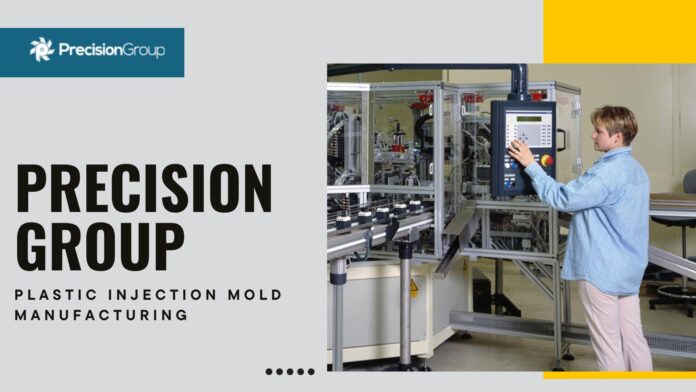In the intricate realm of product manufacturing, the creation of molds stands as a critical stage, dictating the quality, precision, and efficiency of the production process. Mold manufacturing, a complex and intricate discipline, plays a pivotal role in various industries, facilitating the production of diverse products, from intricate components to complex assemblies.
At the heart of mold manufacturing lies precision—a key element that ensures the final product meets the highest standards. The process commences with meticulous planning and design, where engineers and designers craft blueprints and specifications for molds that will be instrumental in shaping the final product’s form and function.
Crafting the Blueprint: The journey towards precision in mold manufacturing begins with the crafting of detailed blueprints. Engineers collaborate closely with designers to translate conceptual ideas into precise specifications. These blueprints serve as the roadmap for the entire manufacturing process, guiding each step with a focus on accuracy and functionality. The goal is to capture every nuance of the desired product, accounting for intricacies that may impact the final outcome.
Materials and Techniques: The selection of materials and manufacturing techniques is a critical aspect that directly influences the quality of the molds and, subsequently, the products they shape. High-quality materials, carefully chosen for their durability and performance characteristics, are essential to ensure the longevity of the molds. The use of cutting-edge manufacturing processes further enhances precision, accuracy, and consistency in the final product.
In the modern landscape of mold manufacturing, a diverse array of materials is available, ranging from traditional metals like steel and aluminum to advanced alloys and composites. Each material brings its unique set of properties, and the choice depends on factors such as the type of product, production volume, and required precision.
Advanced Machinery and Tools: The evolution of technology has significantly transformed mold manufacturing. Modern facilities rely on sophisticated machinery and tools to achieve unparalleled precision. Computer Numerical Control (CNC) machining is a cornerstone of mold manufacturing, enabling the creation of complex geometries with exceptional accuracy. CNC machines operate based on the digital instructions encoded in the blueprints, ensuring a high degree of repeatability.
Electrical Discharge Machining (EDM) is another vital technology in mold manufacturing. This process utilizes electrical discharges to shape the mold material precisely, allowing for intricate details and fine finishes. EDM is particularly useful for materials that are challenging to machine using conventional methods.
The advent of 3D printing has further expanded the possibilities in mold manufacturing. Additive manufacturing techniques allow for the creation of highly complex molds layer by layer, offering flexibility in design and rapid prototyping capabilities.
In conclusion, precision in mold manufacturing is the cornerstone of producing high-quality products efficiently. The meticulous planning and design process, coupled with the selection of top-notch materials and advanced manufacturing techniques, ensure that molds meet exacting standards. With the aid of cutting-edge machinery and tools like CNC machining, EDM, and 3D printing, mold manufacturers can navigate the intricate landscape of modern manufacturing with utmost precision, setting the stage for the creation of superior products across diverse industries.
















